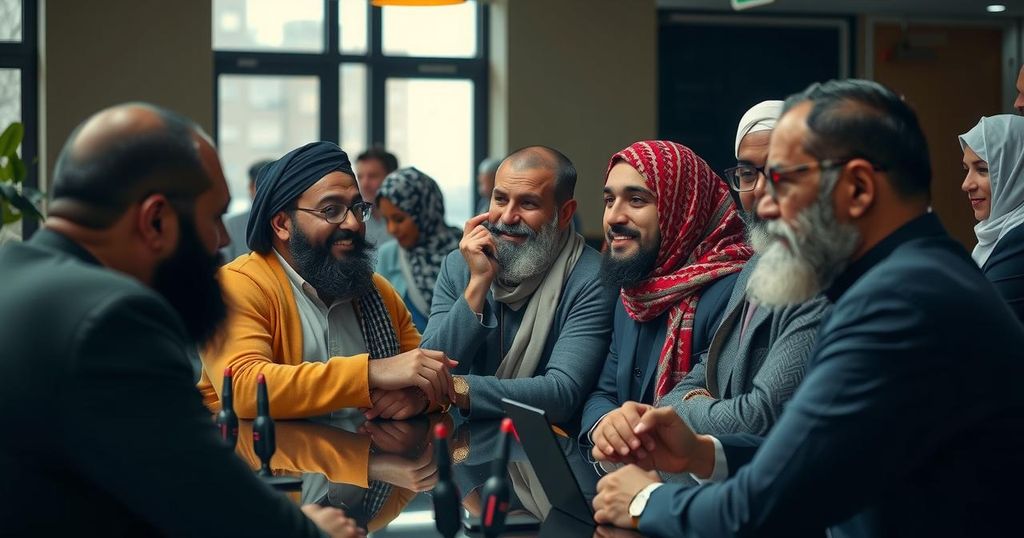Empowering Minnesota Muslims: The Crucial Role of Civic Engagement in the 2024 Elections

The article urges Minnesota Muslims to actively participate in the 2024 elections, highlighting the importance of civic engagement and community empowerment in the face of division and rising Islamophobia. It recounts the author’s journey from Kenya to Minnesota and emphasizes the need to shift focus from seeking perfect candidates to making impactful changes at local and state levels. The article calls for unified action to foster a future of dignity and safety for all, underscoring the historical successes achieved through community voting.
In light of the division and complexity surrounding the upcoming 2024 election, the Muslim community in Minnesota faces a significant moment of reflection and action. The author recounts a personal journey that underlines the importance of civic engagement and community support, stemming from experiences in Kenya and a commitment to uplift those in need. Having obtained U.S. citizenship in 2024 and participated in the election for the first time, the author grapples with the troubling trend of community members contemplating the absence of their votes or supporting candidates that propagate harmful narratives against Muslims and immigrants. The impending election serves as a critical juncture for members of the Muslim community, who are urged to recognize their power within the political realm. The author emphasizes that waiting for perfect candidates to emerge is not a viable strategy; rather, engagement with the electoral process is paramount. “This election is about us. A few overcome with emotion may consider throwing away their votes. But we need to step into the political arena to make change and claim our power, not leave it behind.” As the community reflects on their role in local and state elections, it is essential to underscore the impact they can wield beyond the federal ballot. The author highlights the successes achieved through collective action, detailing how Muslim voters contributed to the Democratic-Farmer-Labor (DFL) trifecta in Minnesota, resulting in significant legislative accomplishments, such as investments in affordable housing and universal school meals. Conversations with fellow Muslim voters reveal a shared desire for a future free from the rising tide of Islamophobia and the need for systemic solutions to local issues. Engaging with candidates like Abdi Daisane, who prioritizes these concerns, presents an opportunity to further advance the goals of the Muslim community. As election day draws nearer, the call to action resonates deeply: the need to unite against divisive narratives and affirmatively participate in the democratic process to foster a future characterized by safety, dignity, and prosperity for all citizens, regardless of their backgrounds.
The article discusses the critical role of the Muslim community in Minnesota during the 2024 election cycle, highlighting personal experiences of the author impacted by their upbringing in Kenya and the transition to life in Minnesota. It addresses the emotional turmoil within the community regarding voting strategies and the pressing need to engage in local and state elections amid ongoing violence and discrimination against Muslims and immigrants. The text calls for an organized effort to build political power and hold leaders accountable for community needs while emphasizing the successes achieved through previous elections. The overarching message advocates for proactive civic engagement rather than passive waiting for ideal candidates.
In conclusion, the article articulates the pressing need for the Muslim community in Minnesota to actively participate in the upcoming 2024 elections. It stresses the importance of voting not as an isolated act of principle but as a collective movement that can shape the political landscape and deliver solutions to pressing community issues. By mobilizing together, the community can combat rising Islamophobia and ensure their voices are heard in shaping a future that embraces dignity and inclusiveness for all. The author urges reflection on the power each individual possesses and the potential of the community to enact significant change.
Original Source: sahanjournal.com







